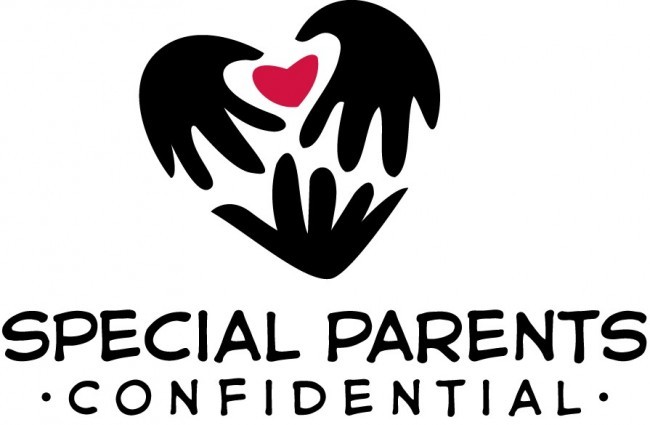Child Medication Errors.
Have you ever checked your child’s medications to see if you’re giving them the right medicine? Of course you have. Have you ever checked your own ability to measure out the correct dose of medicine? Are you certain your measuring ability and the tools you’re using to measure the medications are accurate? Child Medication Errors are much more common than you think.
This is a subject that’s not just for parents of special needs kids, but for all parents. The simple fact of the matter is if you are the parent of a child who has ever been prescribed a medication or has taken over the counter medications for any reason, and if you have used any kind of liquid medication, you have probably made some dosing errors whether you realize it or not.
Liquid Medication Errors and Dosing Tools, a Randomized Controlled Experiment.
In October of 2016 a study was published by the American Academy of Pediatrics that showed that greater than 84 percent of parents who participated in the study made some kind of error when measuring a liquid dose of medicine, with 68 percent of those errors being an overdose, and twenty percent of the errors being double the amount of medication that was prescribed. The study is called Liquid Medication Errors and Dosing Tools, a Randomized Controlled Experiment, and it’s the first time a study was done on how accurately parents measured out medicine dosages using standard medicine measuring tools. It was conducted at three separate clinics in New York City, Stanford California, and Atlanta Georgia. Over two thousand parent volunteers enrolled in the study to have their measuring accuracy evaluated.
Preventing Child Medication Errors: How Accurate Are Your Measuring Tools?
The study looked at several medicine measuring tools including the small plastic measuring cups that are commonly included with over-the-counter medications, liquid measuring syringes (not the kind used in vaccinations), kitchen measuring spoons, and tableware. The degree in variations of accuracy between all these measuring tools was astonishing and alarming.
Our guest for this episode is our friend, Dr. Patricia Schultz, who is an Osteopathic Physician and medical consultant in Chicago. She talks about the results of the study, some of the most common mistakes parents make when using measuring tools, and the dangers of incorrect dosages of medications for kids. She discusses which of the measuring tools tested was the most accurate, how to check with your doctor and your pharmacist to make sure you’re measuring accurately, and whether or not homeopathic medicines are really safer than pharmaceutical medications. You’ll find out how to prevent Child Medication Errors.
Links Mentioned In This Podcast:
Liquid Medication Errors and Dosing Tools, a Randomized Controlled Experiment – The full study reported from the American Academy of Pediatrics. You can read the entire article on the website or download a .pdf copy.
Third Party Evaluation Programs for the Quality of Dietary Supplements – from the American Botanical Council’s HerbalGram. This article introduces the seven United States based institutions that exist who certify the quality and reliability of herbal supplements, dietary supplements, and homeopathic medications.
The American Academy of Pediatrics – The best source of accurate and credible medical information for children.
Reminder…
Please share this episode and any episode you’ve found interesting with all your contacts on social media. We’ve made it easy to do with the social media buttons at the bottom of this and each post. Also be sure to subscribe to our email list so that you’ll get future articles and podcast episodes delivered right to your inbox the moment they go online. The more you can help spread the word about Special Parents Confidential, the better we can continue these podcasts. Thanks for your support!
Podcast: Play in new window | Download
Subscribe: RSS


